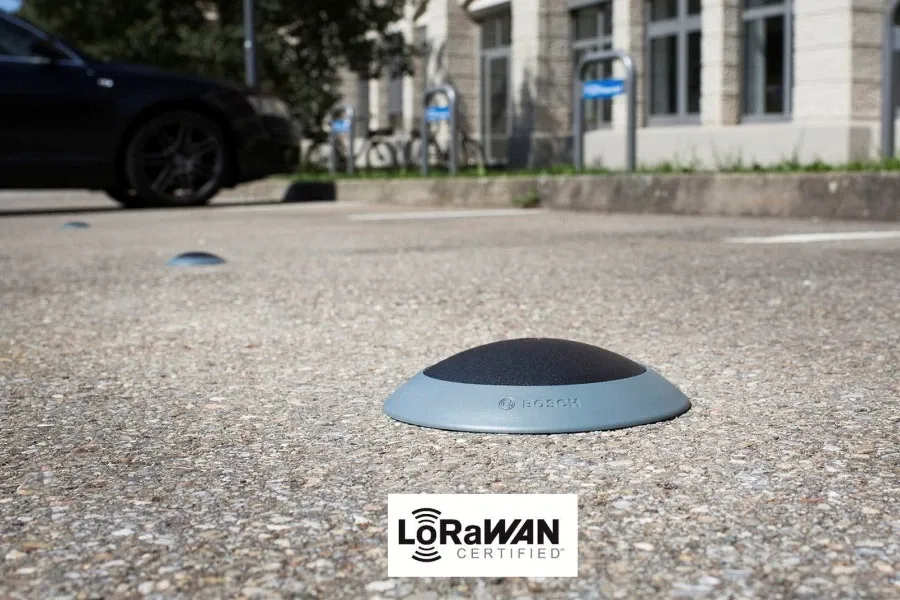Intel Builds the World’s Largest Neuromorphic System
Intel has built the world's largest neuromorphic system code-named Hala Point.

Traffic that is looking for parking and the associated emissions, parking violators and unevenly utilized parking lots presents countless challenges for cities. The new Bosch Parking Lot Sensor solves these issues and makes it possible for cities to efficiently manage parking spaces and therefore improves the quality of life in cities.
Parking sensor solutions are based on a simple concept: each individual parking space is equipped with a sensor that checks in real time whether a space is free or taken. Therefore, they open up huge potential for improving the quality of life in cities. The newly developed Parking Lot Sensor bundles all of the necessary functions into a compact housing. Bosch has demonstrated an accuracy of more than 95% in numerous field tests with over 50 vehicle types, more than 2000 sensors and thousands of parking maneuvers. Parking sensors were used in the successful pilot projects in 25 European cities.
Many cities have or are planning smart city infrastructure with a comprehensive wireless network. The Parking Lot Sensor uses this infrastructure for wireless communication between the sensor and the central platform. This uses the discretionary, manufacturer-independent LoRaWAN protocol. While other providers rely in part on closed systems, Bosch follows an open approach. This allows the parking lot sensors to be flexibly integrated into the Smart-City project in accordance with the city's specific requirements.
Parking sensors are used in countless application scenarios like intelligent parking guidance systems, which are able to significantly reduce the traffic searching for parking spaces and thus also noise and exhaust emissions. At peak times, up to a third of traffic is looking for a parking space. As a result, even systems just applied at downtown hotspots are able to significantly relieve the traffic situation. In addition, the Parking Lot Sensor can be employed in a more targeted way against parking in blocked spaces, such as fire access lanes, thus facilitating the deployment of rescue personnel in case of an emergency.
A further field of application is the monitoring of parking spaces of electric vehicle charging stations. The Parking Lot Sensor supports in this case in two different ways. For one, they determine available charging stations that can be displayed in an app. For another, they uncover improper use, such as if the charging station is used for parking or the permitted utilization time is exceeded. In addition, parking sensors also support city development. Statistical data about the actual utilization of parking spaces through the entire city allows for reliable planning.